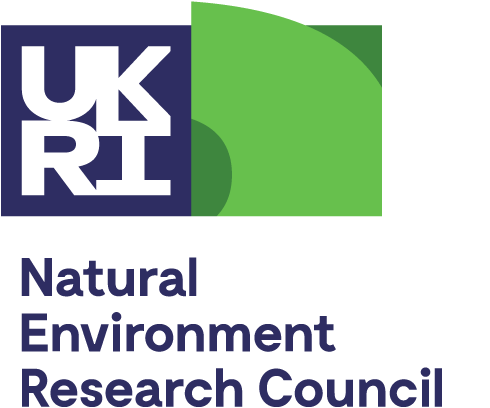Common principles of assessment apply to all research funding, whether it is supported through research programmes or discovery science.
All applications are assessed by peer review, but processes may vary to suit the needs of the scheme.
All applications are now submitted to the UKRI Funding Service and follow the UKRI harmonised approach to assessment and scoring. For discovery science applications, the assessment is based around the core application questions and the final panel score out of ten.
In research programmes the same core questions tend to apply, but:
- further context or sub-questions can be included in the core question set
- further specific questions might be needed to address very specific requirements in the funding opportunity
These will still be harmonised with other UKRI research councils’ approaches where possible.
Process
The peer review process may consist of two stages: expert review and moderating panel.
Expert review
We invite internationally recognised experts, who we consider to have expertise relevant to the application, to undertake application reviews. We will approach members of the NERC Peer Review College where they have the expertise and are not conflicted, but we will look more widely in the UK and internationally for expertise where required.
Applicants have an opportunity to respond to comments provided by reviewers.
Moderating panel
Where we have received expert reviews, we will generally use a moderating panel approach.
The moderating panel considers:
- the application
- the reviewer comments
- the applicant’s responses to those comments
Panel members may add information to the discussion that the reviewers have not raised previously, only if they identify a serious issue.
The moderating panel may be responsible for:
- providing pre-scores to allow the panel to focus on the most competitive applications and highlight any applications with very divergent scores to the panel chair
- providing a final score and feedback comments in a form that will be available to the applicant and the submitting research organisation
- prioritising applications and providing funding recommendations
- examining the resources requested for fundable applications to ensure they are justified and recommending any budget adjustments necessary
- identifying adventurous applications and suitable break points in high-risk grants to allow risk assessment
The NERC conflict of interest policy applies to all stages of the process.
Assessment panel
For some small investments, outline stages or very specific funding opportunities, applications may be assessed at a panel meeting with no right to reply (applicant response stage).
For some funding opportunities (for example, ‘Pushing the frontiers’), we are also now using assessment panels where panel members assess the application and provide an initial pre-score and comments.
This first assessment may be as part of a panel or individually. The lowest scoring applications are rejected at that point. The remaining applicants have the opportunity to respond to the panel comments before a second assessment panel reassesses all the available information and provides a final score to us.
We ask some panels to rank any applications with identical scores, but we also use partial randomised allocation where appropriate. The approach taken is detailed in the relevant funding opportunity.
We publish the membership and outcomes of moderating panels.
Panel membership:
- NERC funding assessment panel members: 2023
- NERC funding assessment panel members: 2022
- NERC funding assessment panel members: 2021
Discovery science panels are formed predominantly from the Peer Review College. Half of the membership of any panel regularly attend as ‘core panel members’, and there is an identified Chair.
Other members are selected from the Peer Review College according to the particular applications a panel is considering. For schemes where multiple panels meet (that is, ‘Pushing the frontiers’ and fellowships), business is divided between panel portfolios that consider particular aspects of environmental science.
Research programme panels are formed from UK and international academic experts and users of the research programme outputs. This will include some members of the Peer Review College.


